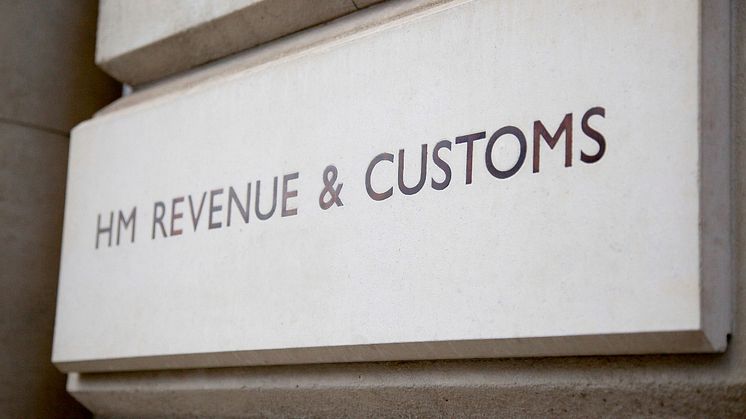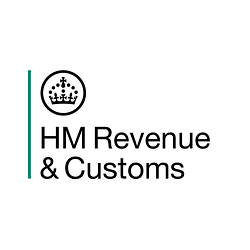
Press release -
Self Assessment customers to benefit from enhanced payment plans
Self Assessment customers can apply online for additional support to help spread the cost of their tax bill into monthly payments from today (1 October), without the need to call HM Revenue and Customs (HMRC).
The online payment plan service can already be used to set up instalment arrangements for paying tax liabilities up to £10,000. From 1 October 2020, HMRC has increased the threshold to £30,000 for Self Assessment customers, to help ease any potential financial burden they may be experiencing due to the coronavirus pandemic.
The increased self-serve Time to Pay limit of £30,000 follows the Chancellor of the Exchequer’s announcement on 24 September to increase support for businesses and individuals through the uncertain months ahead.
As part of his speech, the Chancellor announced that Self Assessment customers could pay their deferred payment on account bill from July 2020, any outstanding tax owed for 2019 to 2020 and their first payment on account bill for this current tax year in monthly instalments, up to 12 months, via this self-serve tool. Customers who need longer than 12 months to settle their tax liabilities are invited to contact HMRC in the usual way.
Financial Secretary to the Treasury, Jesse Norman, said:
“We are supporting jobs by giving more breathing space to up to 11 million Self Assessment taxpayers when managing their tax affairs.
“Enhancing Time to Pay should ease the financial burdens and protect the livelihoods of these taxpayers, as they navigate the months ahead.”
More than 11 million customers complete a Self Assessment tax return each year. Once they have completed their tax return for the 2019 to 2020 tax year, those who have payments to make may have the option of using the online self-serve Time to Pay facility through GOV.UK to set up a direct debit and pay any tax that is owed in monthly instalments, up to a 12-month period.
HMRC estimates around 95% of Self Assessment customers who are due to make payments on 31 January 2021 could qualify to implement a Time to Pay arrangement using the self-serve Time to Pay facility online, without needing to speak to an HMRC adviser.
Customers who wish to set up their own self-serve Time to Pay arrangements must meet the following requirements:
- they need to have no:
- outstanding tax returns
- other tax debts
- other HMRC payment plans set up
- the debt needs to be between £32 and £30,000
- the payment plan needs to be set up no later than 60 days after the due date of a debt
Customers using self-serve Time to Pay will be required to pay any interest on the tax owed. Interest will be applied to any outstanding balance from 1 February 2021.
Be aware of scams claiming to be from HMRC, offering to help you set up payment plans to pay any tax owed. These scams are trying to harvest your details to steal your money. Check GOV.UK for information on how to recognise genuine HMRC contact. Self Assessment customers can set up their own online payment plan to help spread the cost of their tax bill by visiting https://www.gov.uk/pay-self-assessment-tax-bill/pay-in-instalments.
Notes to Editors
1.Find out more about Time to Pay arrangements here: https://www.gov.uk/pay-self-assessment-tax-bill/pay-in-instalments
2.The deadline to complete Self Assessment tax returns for 2019 to 2020 is 31 January 2021.
3.If you are completing a tax return for the first time, you will need to register for Self Assessment: https://www.gov.uk/log-in-file-self-assessment-tax-return
4.If your Self Assessment debts are over £30,000, or you need longer than 12 months to pay your debt in full, you may still be able to set up a Time to Pay arrangement by calling the Self Assessment Payment Helpline on 0300 200 3822.
5.Follow HMRC’s Press Office on Twitter @HMRCpressoffice
6.HMRC’s Flickr channel www.flickr.com/hmrcgovuk
Related links
Topics
Categories
Issued by HM Revenue & Customs Press Office
HM Revenue & Customs (HMRC) is the UK’s tax authority.
HMRC is responsible for making sure that the money is available to fund the UK’s public services and for helping families and individuals with targeted financial support.

